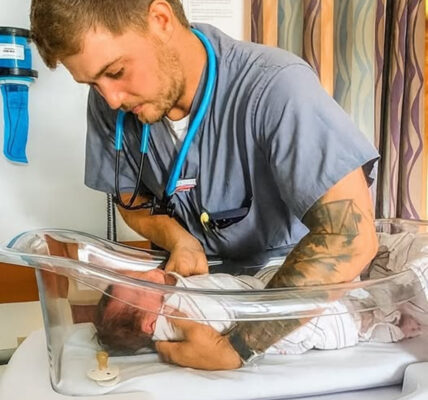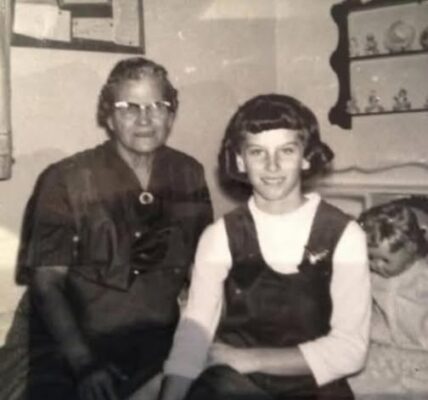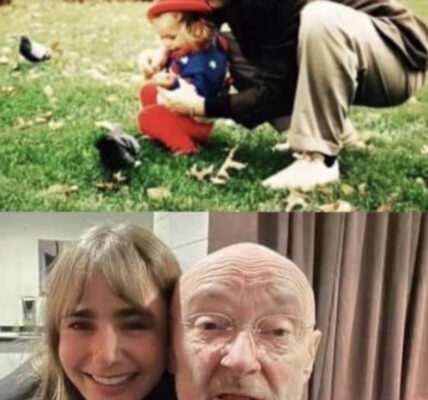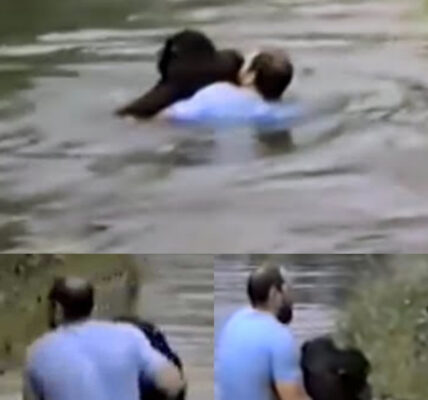When people tell me they’re too afraid to become foster parents, when they say the unknown feels too overwhelming, I always go back in my mind to one night—the night that changed everything for me. It wasn’t dramatic or loud. It didn’t make headlines or even seem extraordinary from the outside. But in that quiet, vulnerable moment, the entire meaning of foster care became clear.

It was the first evening one of our little foster girls came to stay with us. She was five, maybe six, carrying a bag that looked like it couldn’t hold more than a few clothes. But the truth was, she carried much more than what was inside that bag. In her eyes was a fear far too big for a child to hold. She had already been through things she should never have had to endure. We were strangers to her, and she was a stranger to us. And yet, in that instant, we became the safe place she desperately needed.
We tried our best to welcome her. We showed her around the house, pointed out the bed that was now hers, and told her gently the words we’ve repeated to every child who has ever walked through our door: “You are safe here.” They are simple words, but I’ve learned that children in foster care don’t always believe them—not right away. Safety, after all, isn’t something you just declare. It’s something you prove.
As bedtime drew near, she grew quiet, her shoulders tense. When the lights dimmed, the tears came. She whispered that she didn’t want to go to sleep because the monsters might come. We didn’t yet know what she meant. Maybe the monsters were imaginary, the kind children see in shadows on the wall. Or maybe they were real—the kind of monsters that had left bruises, broken trust, and made her doubt that bedtime could ever be safe.
My husband knelt by her bed. He tucked her in carefully, prayed softly, trying to soothe her fear. But she wasn’t ready to let go. She asked again, her little voice trembling: “Can you promise me no monsters will get me if I fall asleep?”
And then came the moment I’ll never forget. He looked her straight in the eyes—not with empty reassurances, not with words meant to brush off a child’s fear—and he said firmly, “I promise.”
But he didn’t stop there. He stayed. He sat beside her bed the entire night, her tiny hand clinging tightly to his as she drifted into sleep. That night, the monsters—whether real or imagined—didn’t win. What won was the simple power of presence, the quiet act of standing in the gap between a child and the darkness.
And that’s when it hit me. This is the child people are afraid of? This small, hurting child—already carrying more pain than most adults ever will—was the one people hesitated to open their homes to? She didn’t need perfect parents. She didn’t need heroes. She simply needed someone to say, “You’re safe now. We’ll keep the monsters away.”
Yes, foster care is scary. I won’t deny that. There are nights of doubt, times when the responsibility feels crushing, moments when you question whether you’re strong enough. The unknown is real. But here’s the truth: every single act of love you give is worth it. Every sacrifice, every sleepless night, every ounce of fear you carry—it is worth it.
Because foster care isn’t about being fearless. It’s about being willing. Willing to show up for a child when no one else will. Willing to offer comfort when the past has only offered pain. Willing to sit by a bed all night, holding a small hand, promising that no monsters will come.
You don’t have to be perfect. You don’t have to have all the answers. You just have to be willing to love, to protect, and to keep your promise.
That night, I realized something important: foster care isn’t about rescuing children with grand gestures. It’s about the quiet, consistent acts of presence that whisper to a child, “You are not alone. You are safe now.”
And if you’re wondering whether you could ever do it, whether you could step into the unknown, let me tell you this: you can. Because sometimes all it takes is a willing heart—and the courage to sit in the dark until a child finally believes the monsters are gone.




